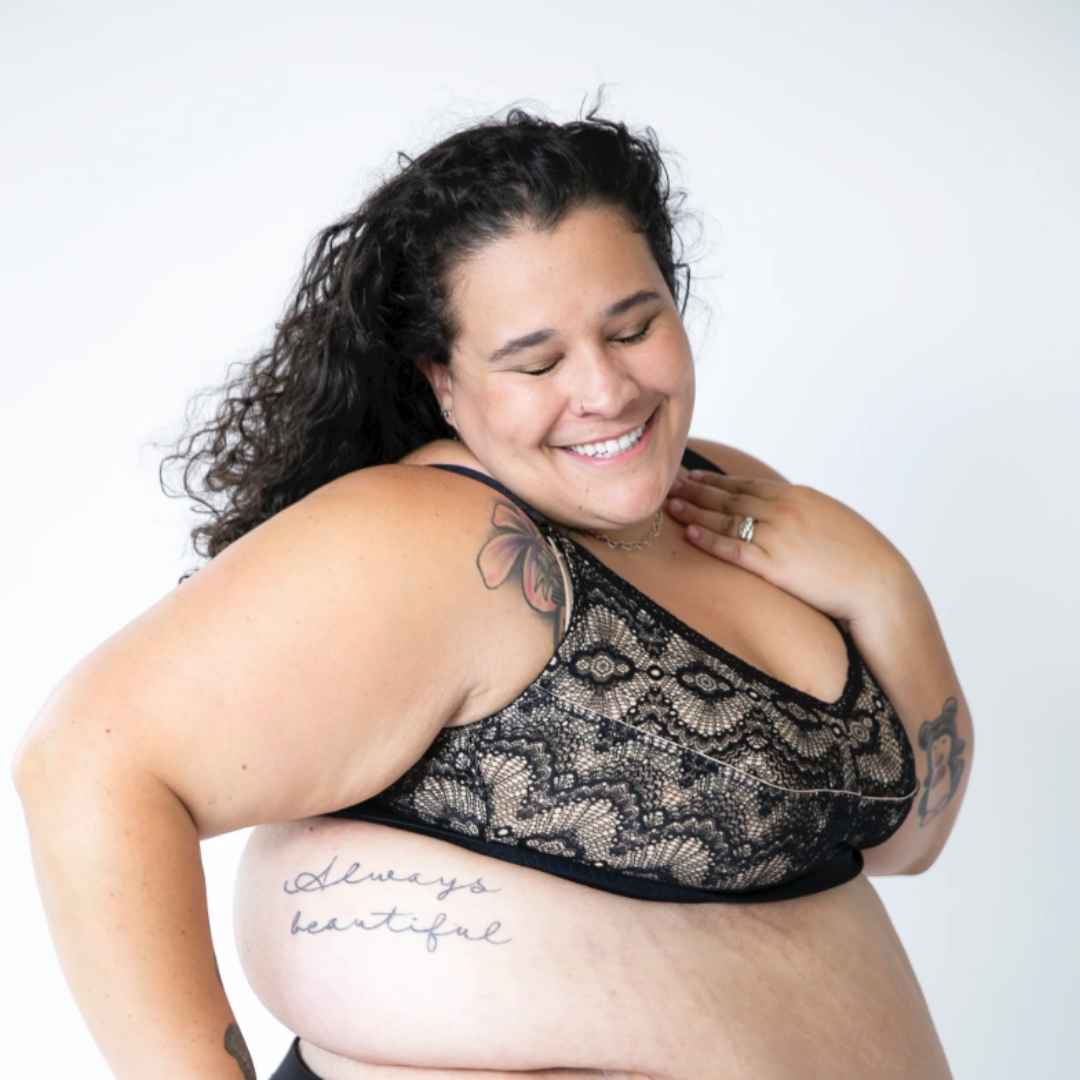When it comes to giving birth, it can be difficult to know what the best route to take is when it comes to medical care. You've probably heard the terms doula and midwife discussed lately. Maybe you are wondering if using a midwife is a better option than an obstetrician at the hospital. I know it can be insanely confusing.
Do your research, ask questions, and trust your momma gut. Here are some reasons we love midwives and the benefits that come with using one.

What is a midwife?
Midwives are a fantastic option for catching a baby when it comes to low-risk births and normal pregnancies. They monitor the physical, emotional, and social well-being of their patients. This includes the mother, partner, and the new baby. Midwives often start their journey with the mother and family long before birth. They monitor the baby's growth and mommy's demeanor to make well-informed decisions as labor nears.
If a mother were to enter the high-risk or unhealthy territory, midwives are trained to defer to obstetricians. They are very good at understanding when outside care and support are needed for everyone's safety. Their care is often administered in a hospital setting by a certified nurse-midwife. They sometimes do home births, but many perform their tasks in the hospital.
Six reasons to use a midwife instead of an obstetrician
Here are some of the biggest benefits of using a midwife over an obstetrician. Both make an excellent choice, but you will have a great experience when hiring a midwife and their support team.
Using a midwife is completely safe
Use a midwife at home or at a birthing center and rest assured it is completely safe. These professionals are fully trained and know exactly what they are doing. The low-stress environments result in fewer cesarean births, fewer episiotomies, and lower rates of intervention.
You get individualized care
When hiring nurse midwives, your care is completely individualized. Patients seem to love how easy is is to get in touch with their midwife compared to an OB at the doctor’s office. You get to know each other very well, making it easy to make decisions when labor begins.
Your partner and family are included
Using a midwife for prenatal care means more involvement from the family if you so choose. While hospitals limit the number of people in the room, birthing centers have different rules and regulations, so more people may be present if you wish.
Your chances of vaginal birth increase
As stated before, the risk of cesarean births is decreased when midwives are used. It has something to do with the low-stress birth centers and the familiarity of the person coaching you. Often times in a hospital, the obstetrician catching your baby is someone you have just met. Your body doesn't want to relax for these intruders. With a midwife you have gotten to know, you may be more relaxed, making for an easy vaginal birth.
An OB is trained to treat each pregnancy as high risk until proven otherwise, midwives work the other way in that they trust the body to do its thing and are there for support should something arise.
You receive breastfeeding support and knowledge
Many tools and interventions used to induce labor and to remove the baby from the vaginal canal can inhibit breastfeeding. Hopefully with a midwife, you will deliver vaginally and your breastfeeding journey will start off easier. Midwifery care will educate you and your family about breastfeeding and get you on the road to success.
When starting your breastfeeding journey, try The Dairy Fairy bras and products to improve your experience and to love your body before, during, and after delivery.
You will remember this moment forever
This truly will be one of the most memorable experiences of your life. Having a midwife there will make it all the more memorable and special as they provide emotional support and listen to your needs. Plenty of hospitals offer amazing care and have fantastic nurses, but hiring a midwife that you mesh well with will ensure wonderful birth experiences.
They are SAFER for some
Racial health disparities are real. As a result of systematic racism, Black birthers have a 2 to 3 times higher mortality rate than white birthers. Midwives will make sure that ALL birthers are cared for regardless of their race.
What is the difference between a doula and a midwife?
Think of a doula as your pregnancy and postpartum best friend. They will be there for you from start to finish to help with any pregnancy, breastfeeding, and even labor questions/concerns. Doulas are not medical professionals, while midwives are.
A midwife on the other hand can do everything that a doctor can do including so it puts your mind at ease when it comes to gynecological exams, administering medication, and more.
Professional midwives are excellent healthcare providers for pregnant women and during the birth process. They truly take every aspect of women's health into consideration during prenatal visits and every step of their midwifery practice. If you are deciding whether to hire a midwife, they are a great option for low-risk pregnancies.
Where do I find a midwife?
When looking for a midwife, ask around at your local hospital. Many are partnered with some already. Expectant mothers can also find them online or on Facebook groups in your local area. If you already have a healthcare provider, ask them as well.
You might also benefit from asking your doula about local midwives. They will have superb recommendations. Ask your prenatal yoga instructor or childbirth educator, as well as acupuncturist, chiropractor, or pelvic floor PT. You would be surprised how many medical professionals know where to find a good midwife.
A midwife is excellent for physical support during labor, medical advice throughout the pregnancy and birthing process, and emotional support after delivery. They are the best choice for patient care in many normal birthing situations and end up being a wonderful support person throughout.







Leave a comment
All comments are moderated before being published.
This site is protected by hCaptcha and the hCaptcha Privacy Policy and Terms of Service apply.